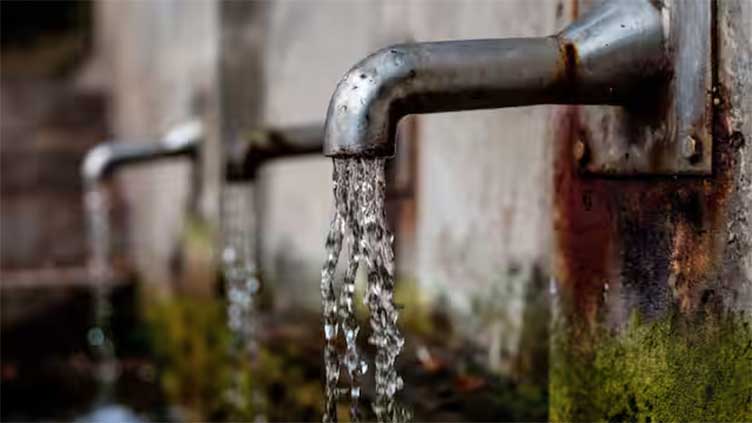Groundwater to turn 'undrinkable' for 590million people by 2100: study

Warming of groundwater, its catastrophic consequences have been ignored for years
(Web Desk) - Nearly one out of four people depend on the groundwater - which is pumped from below the surface of the Earth - for survival since they lack access to streams, dams and freshwater lakes.
However, when this century comes to an end, tens to hundreds of millions are likely to be deprived of this groundwater as rising temperatures are likely to make it toxic and undrinkable.
A global-scale model of heat transport was developed by an international team of researchers to measure how the temperature would change in groundwater sources across the world under different warming conditions.
According to this study, around 590 million people are likely to rely on water sources which are likely to not meet the strictest standards for potable water till 2100.
"A lot of focus on climate change has rightfully been to do with weather events and the availability of water," said hydrologist Dylan Irvine from Charles Darwin University in Australia, as reported by Science Alert.
"But we do need to think more broadly about the impact that climate change will have on groundwater," he added.
CATASTROPHIC CONSEQUENCES
The warming of groundwater and its catastrophic consequences have been ignored for years. The water trapped within porous rocks can be filled with dissolved minerals, pollutants, and potential pathogens,
If this water is heated by a degree or two, it can take away oxygen from the environment and lead to the growth of dangerous bacteria. It can also cause the dissolution of excessive concentrations of heavy metals like manganese or arsenic.
A geoscientist at the Karlsruhe Institute of Technology in Germany and the study's lead author Susanne Benz said, "There are already about 30 million people living in regions where the groundwater is warmer than stipulated in the strictest drinking water guidelines."
"That means it may not be safe to drink the water there without treatment. It may need to be boiled first, for example. The drinking water also gets warmed up in water pipes by heat in the ground," he added.
Even in populations which have sufficiently sized surface reservoirs, the heated groundwater's discharges can cause an alteration of key dynamics which keep its water safe for human consumption.
In the wake of the 'shared socioeconomic pathway', the current figures can double with 188 million people living in an area in which the groundwater is not meeting the strictest of standards for drinkability by 2100.


